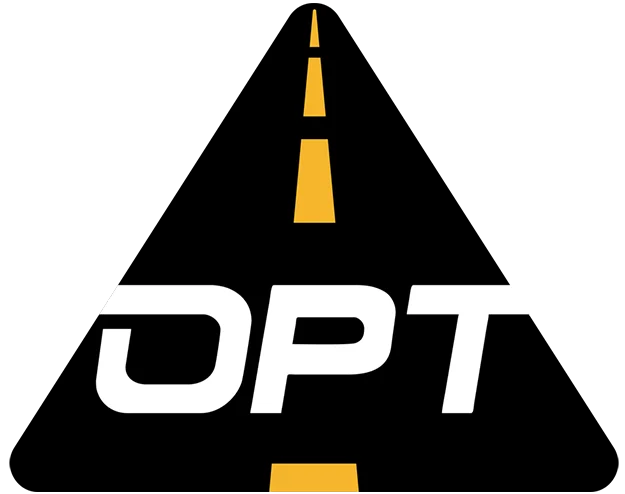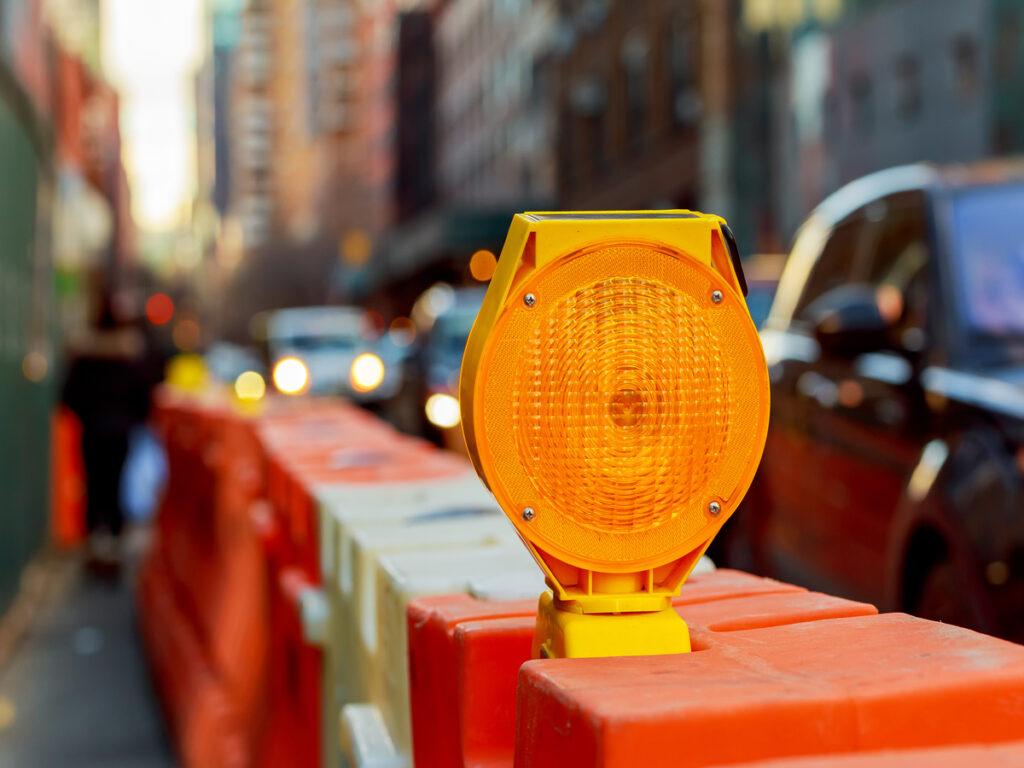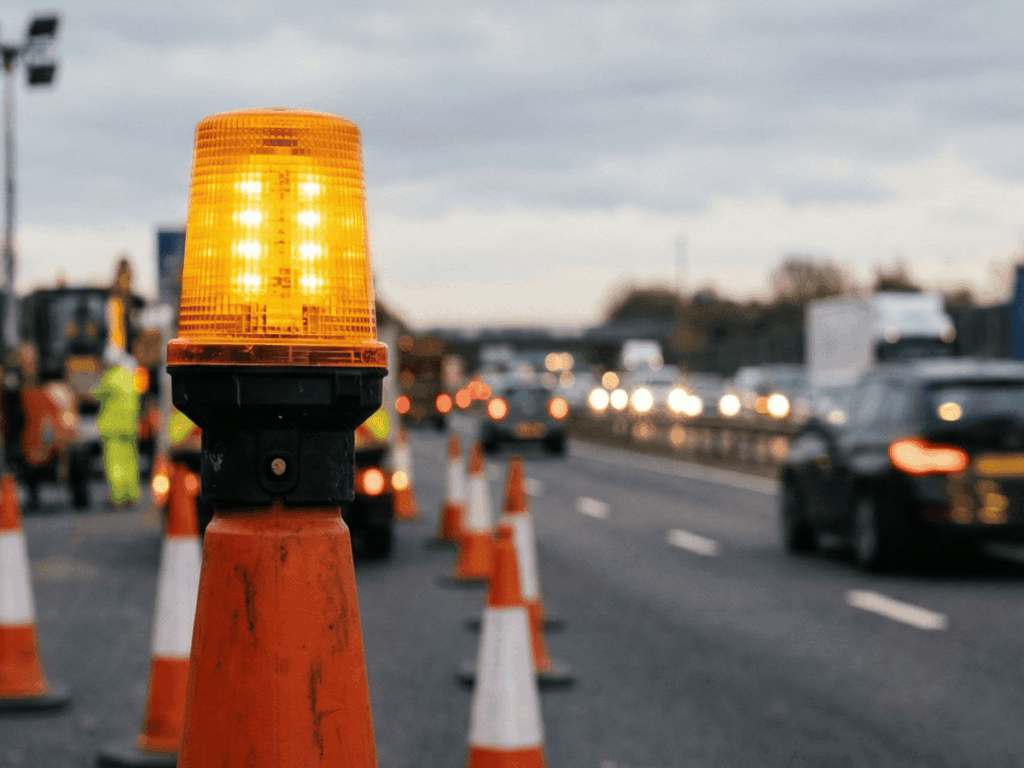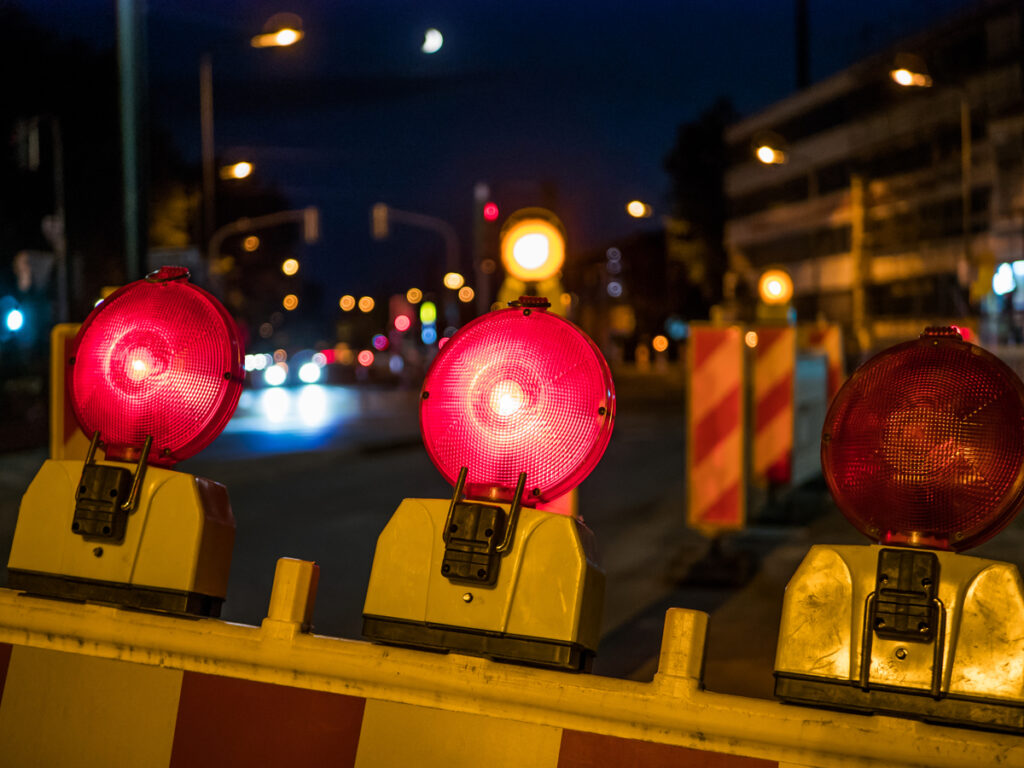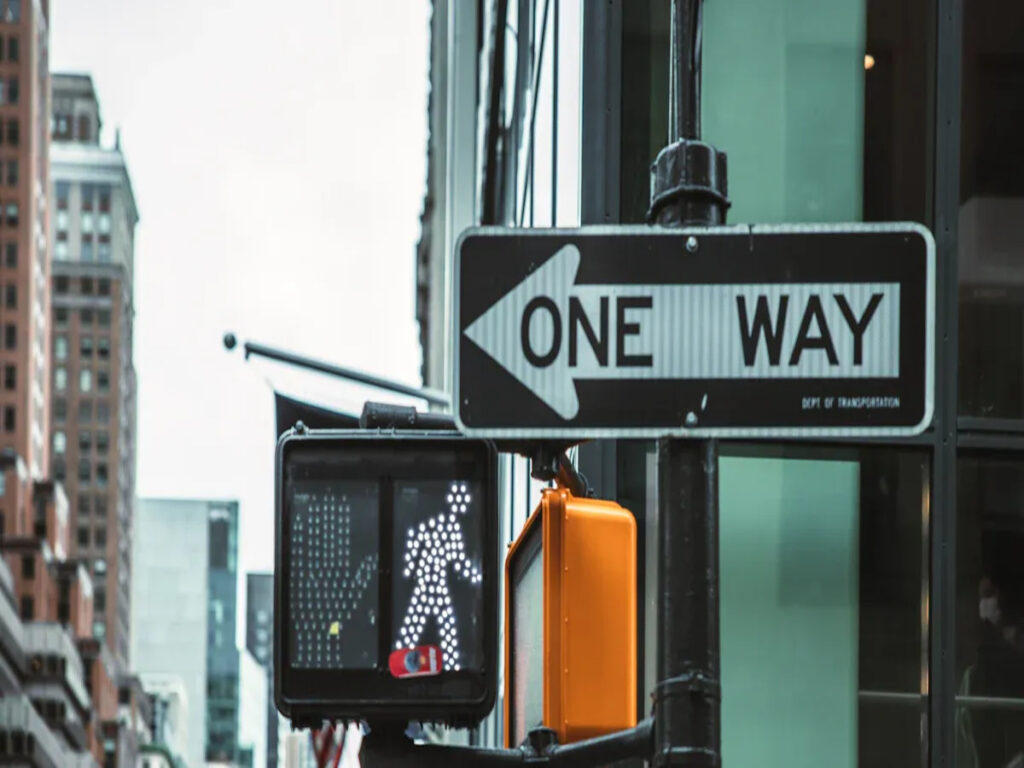
You will notice that an “Ahead Only” sign tells you to keep driving straight, while a “One-Way” sign shows you the only direction allowed on a street. Understanding these types of road signs helps you stay safe and avoid confusion. When you know what each sign means, you follow the rules and help traffic move smoothly. Pay close attention to road signs, especially one way traffic signs, to avoid mistakes and protect yourself and others.
For more insights, check out our blog: The Importance of One-Way Traffic Signs for Enhancing Road Safety and Traffic Flow.
Key Takeaways
- “Ahead Only” signs tell you to go straight at crossings. You cannot turn or make a U-turn there.
- “One-Way” signs show the only way you can drive on a street. They stop people from driving the wrong way.
- You can find “Ahead Only” signs by their blue circle and white arrow pointing up. “One-Way” signs are white rectangles with a black arrow and say “ONE WAY.”
- If you follow these signs, you stay safe. It helps traffic move well. You also avoid getting fines or points on your license.
- Watch these signs closely, especially in busy places. This helps stop crashes and keeps you and others safe on the road.
Ahead Only Signs
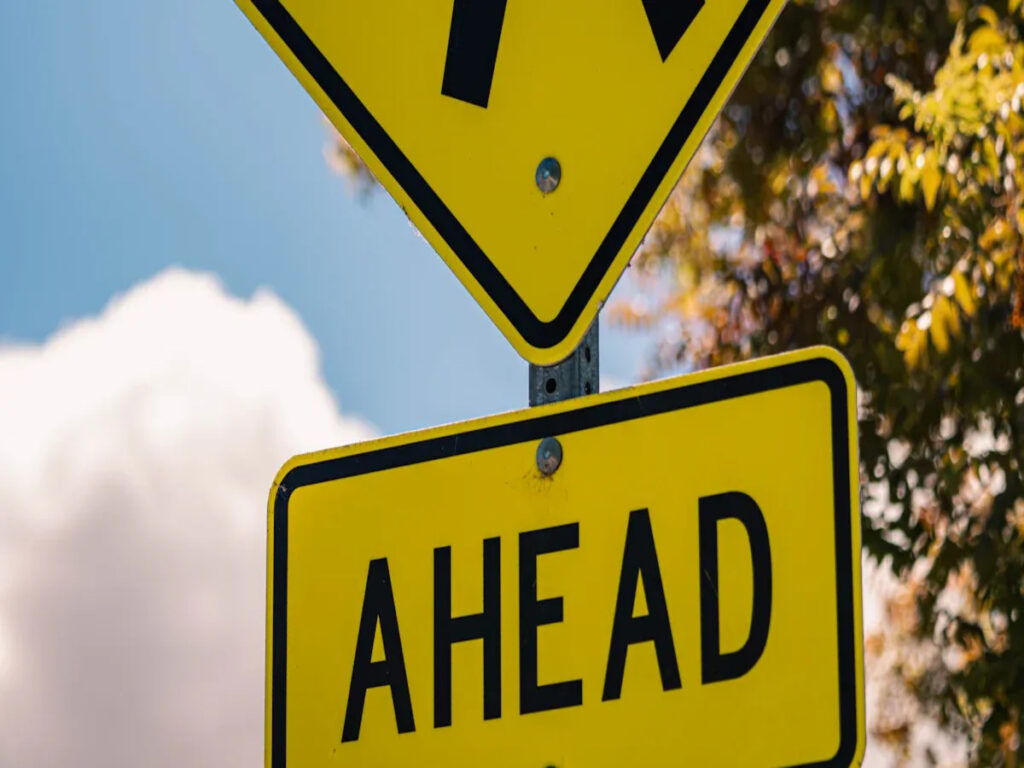
Definition
An “Ahead Only” sign is a type of regulatory sign that tells you to keep moving straight. This sign does not allow you to turn left, right, or make a U-turn at the intersection. You must follow the direction shown by the arrow on the sign. This helps you understand which way you can go and keeps traffic moving in the correct direction.
Purpose and Use
You will see “Ahead Only” signs used to control the direction of traffic at busy intersections or complex junctions. These traffic signs help prevent confusion and reduce the risk of accidents. By guiding you to move only straight ahead, the sign makes sure everyone follows the same direction. This is important for keeping traffic safe and organized.
Common Locations
You often find “Ahead Only” signs at intersections in city centers, near schools, or in areas with heavy traffic. Sometimes, these signs appear where road layouts change or where turning could cause danger. You may also see them in construction zones to guide you safely through new traffic patterns.
Visual Appearance
The “Ahead Only” sign usually has a blue circle with a white arrow pointing straight up. This simple design makes it easy for you to spot and understand quickly. The clear arrow shows the only direction you can travel at that point. You will notice that this sign stands out from other types of road signs because of its bold color and shape.
Driver Actions
When you see an “Ahead Only” sign, you must take specific actions to follow the law and stay safe:
- Continue straight ahead without turning left, right, or making a U-turn.
- Obey the sign immediately, as it is legally enforceable.
- Position your vehicle in the lane marked for straight travel, not in turning lanes.
- Watch for other road users, such as pedestrians and cyclists.
- If you miss the sign and try to turn, keep going straight and find a safe place to turn around.
- Only follow a different direction if a police officer or traffic personnel directs you.
- Remember that failing to follow the sign is a traffic violation and can lead to fines or penalty points.
- Know that emergency vehicles may ignore the sign during emergencies if it is safe.
- Cyclists and pedestrians usually do not have to follow this sign unless another sign says so.
Tip: Always check for “Ahead Only” signs at intersections. Following the correct direction keeps you and others safe on the road.
One Way Traffic Signs

Definition
One way traffic signs tell you to go in one direction. The Texas Transportation Commission makes these rules and puts up the signs. When you see this sign, you must drive the way it shows. You cannot go the other way. This rule keeps people safe and helps traffic move well.
Purpose and Use
One way traffic signs help control how cars move on roads or ramps. These signs stop drivers from going the wrong way. They guide you through busy or tight streets. City planners use them to keep traffic in order and stop confusion. Following the sign’s direction helps lower accidents and keeps roads safer.
Common Locations
You see one way traffic signs in city centers, near schools, and on small streets. These signs are at intersections, alleys, and highway ramps. Planners put them at tricky road areas to guide you safely. You might also see “Do Not Enter” or “Wrong Way” signs nearby to remind you of the direction.
Visual Appearance
A one way traffic sign has a black arrow on a white rectangle. The arrow points the way you can go. The words “ONE WAY” are above or next to the arrow. These signs are placed along the street or lane. This makes it easy to know which way to drive.
Driver Actions
When you see a one way traffic sign, you should:
- Drive only the way the arrow points.
- Stop if you notice you are going the wrong way.
- Pull over and turn around when it is safe.
- Look for signs like “Do Not Enter” or “Wrong Way.”
- Call for help if you see someone driving the wrong way.
Note: If you ignore one way traffic signs, you could cause a bad crash or get in trouble with the law. You might get a fine or points on your license. These signs control the whole road or lane, not just one spot.
| Aspect | Description |
|---|---|
| Purpose | One way traffic signs show the only way you can go. |
| Placement | Signs are at all alleys, roads, and ramps that meet. |
| Safety Implications | They stop wrong-way driving and help keep you safe. |
| Traffic Flow Implications | They help organize cars and stop confusion. |
| Additional Controls | Extra signs and road markings help show the way. |
Key Differences
Directional Control
You need to understand how each sign controls your movement on the road. An “Ahead Only” sign tells you to move straight ahead. You cannot turn left or right at that spot. This sign controls your direction only at the intersection where you see it. In contrast, one way traffic signs control the traffic direction for an entire street or lane. When you see a one way sign, you must follow the direction shown by the arrow for the whole length of the road. You cannot turn around or drive against the flow.
Tip: Always check the arrow on the sign. It shows you the correct direction to travel.
Placement and Context
You will find “Ahead Only” signs at intersections where turning could cause confusion or danger. These signs often appear in busy city centers, near schools, or in construction zones. They help you know when you must go straight. One way traffic signs appear at the start of streets, at intersections, and sometimes along the road. City planners use these signs to guide you through narrow streets, alleys, or areas with heavy traffic. The placement of each sign matches its purpose. “Ahead Only” signs control a single spot, while one way traffic signs manage the flow for a longer stretch.
Common Scenarios
- You approach a busy intersection and see an “Ahead Only” sign. You must keep going straight.
- You turn onto a street and see a one way traffic sign. You must follow the arrow for the entire street.
Visual Differences
You can spot the difference between these traffic signs by their shapes and colors. An “Ahead Only” sign has a blue circle with a white arrow pointing straight up. This design tells you to move forward only. A one way traffic sign has a black arrow on a white rectangle, with the words “ONE WAY” next to or above the arrow. The arrow shows you the allowed direction. These visual cues help you quickly understand what you must do.
| Feature | Ahead Only Sign | One Way Traffic Sign |
|---|---|---|
| Shape | Blue circle | White rectangle |
| Arrow Direction | Straight up | Left or right (shows allowed way) |
| Words | None | “ONE WAY” |
| Placement | At intersections | At street entrances and along road |
Impact on Drivers
You must follow these signs to stay safe and avoid breaking the law. If you ignore an “Ahead Only” sign, you might cause confusion or block other drivers. Turning where you should not can lead to accidents. If you ignore a one way traffic sign, you could drive against the flow. This mistake can cause serious crashes and put everyone in danger. Police may give you a ticket or points on your license for not following these signs. Always pay attention to the direction shown and follow the rules for each sign.
Note: Knowing the difference between these signs helps you make smart choices and keeps traffic moving safely.
Why It Matters
Safety Implications
You help keep roads safe when you follow these road signs. “Ahead Only” and “One-Way” signs stop wrong-way driving and sudden turns. They also lower confusion at intersections. If drivers ignore these signs, crashes can happen more often. Studies show that many crashes happen when people miss or do not understand these signs. Older drivers have more trouble at busy intersections. New smart signs and cameras help lower these risks. These systems use real-time data and AI to catch rule-breakers and warn drivers. This leads to fewer crashes and safer roads for all.
🚦 Tip: Always look for arrows and words on signs. They help you get through tricky roads safely.
Legal Consequences
If you do not follow “Ahead Only” or “One-Way” signs, you can get in trouble. Police can give you fines, points on your license, or even jail time if it is serious. The table below shows what can happen if you break these rules:
| Violation Type | Penalties |
|---|---|
| Violation of One-Way Sign (VC 21657) | Fine: $238 plus court fees DMV Points: 1 point Insurance: Possible premium increase |
| Traffic Infraction (Minor Violation) | Fine: $238 to $500 plus court fees DMV Points: 2 points Traffic school may be allowed |
| Misdemeanor Violation (Willful, no injury) | Jail: Up to 6 months Fine: Up to $1,000 DMV Points: 2 points Possible probation and license suspension |
| Felony Violation (Injury or Death) | Prison: Up to 3 years (bodily injury), more if fatality Fine: Up to $10,000 License suspension for years |
| Additional Consequences | DMV points can lead to license suspension Insurance premiums can increase by 50% or more Possible civil liability for accidents |
Note: Even one ticket can make your insurance cost more and put your license in danger.
Real-World Examples
Many real-life stories show what happens when drivers do not follow these signs. The table below shows some studies and what happened:
| Incident/Study | Description | Outcome/Impact | Relevant Countermeasures |
|---|---|---|---|
| Staplin et al. (1997) & Harwood et al. (1995) | Wrong-way moves at intersections, mostly by older drivers | More wrong-way entries and crashes | Better signs and pavement markings |
| Scifres and Loutzenheiser (1975) | Confusing medians trick drivers | More wrong-way entries at freeway exits | Bigger, brighter signs and clear medians |
| Parsonson and Marks (1979) | Arrow markings on exit ramps | Fewer wrong-way entries | Use of clear pavement arrows |
| Iowa DOT (1991) | Deadly crashes from running STOP signs | High crash rates, mostly for older drivers | Better sign understanding and more enforcement |
| Hoffman (1969) | Overhead lane-use control signs | 44% fewer crashes, 58% fewer wrong-lane turns | Overhead signs and clear lane markings |
You can see that better road signs, smart tech, and strong rules help stop crashes and save lives. When you pay attention to these signs, you help make roads safer for everyone.
You now know the key differences between “Ahead Only” and “One-Way” signs.
- “Ahead Only” signs tell you to go straight at intersections.
- “One-Way” signs show you the only direction allowed on a street.
Always watch for these signs. Following them keeps you safe and helps you avoid legal trouble. Stay alert and keep learning about all road signs to become a better, safer driver.
FAQ
What should you do if you miss an “Ahead Only” sign?
If you miss an “Ahead Only” sign and turn by mistake, keep calm. Continue driving safely. Look for a safe place to turn around. Never reverse or make sudden moves in traffic.
Can you turn left or right on a one-way street?
You can turn left or right only if the signs and road markings allow it. Always follow the direction of the one-way arrow. Never drive against the flow.
How can you quickly tell the difference between these signs?
Look at the shape and color. An “Ahead Only” sign has a blue circle with a white arrow pointing up. A “One-Way” sign has a white rectangle with a black arrow and the words “ONE WAY”.
What happens if you ignore a one-way sign?
You could cause a serious crash or get a ticket. Police may give you a fine or points on your license. Insurance costs may also go up.
Are cyclists and pedestrians required to follow these signs?
Cyclists must follow both signs unless another sign says otherwise. Pedestrians usually do not need to follow these signs, but they should always watch for traffic.
